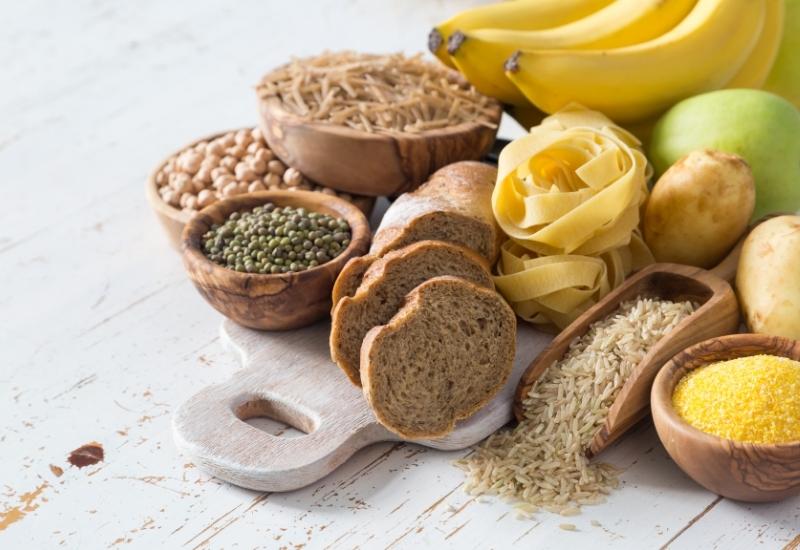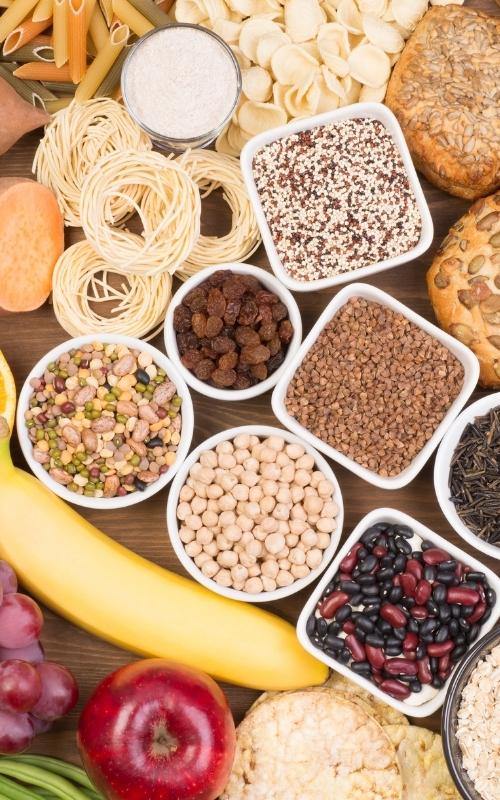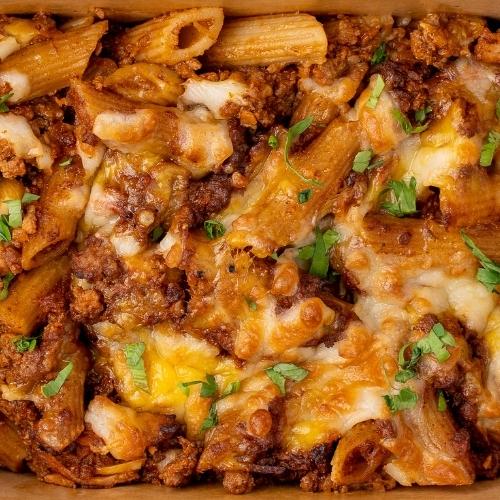What is Carbohydrates?
Carbohydrates are one of the 3 macronutrients alongside Protein & Fat. They are essential and needed for energy. We need carbohydrates for everything from using our brains for thinking to running and exercising.
Did you know the brain needs 140g of carbohydrates everyday to function?
Carbohydrates have 4 calories per gram (the same as protein).
Despite carbohydrates receiving bad press over the years they are vital and needed everyday. They should not be removed from the diet. (This goes across the board – never cut out a food group unless you are allergic. Cutting out food groups is dangerous and can lead to ill health).
It is recommended that 45-65% of your total daily calories should come from carbohydrates. Not eating enough carbohydrates will leave you feeling tired, sluggish, moody and with possible nutrient deficiencies.
Functions:
-Main source of energy – Carbohydrates are broken down into glucose and used for energy
-Needed for proper functioning of the central nervous system
-Needed for optimal health of the kidneys, brain, intestinal health & other organs.
Other Benefits of Carbohydrates:
-They preserve protein – As carbohydrates are the body’s preferred source of energy, they prevent the body from breaking down protein from our muscles for energy.
-They help you meet your fibre requirements – complex carbohydrates tend to be high in fibre. This in turn helps to keep the gut healthy and maintain blood sugar levels.
– They are required for calorie and normal fat metabolism – this means that carbohydrates aid the breakdown of these within our body.
Carbohydrates Sources include:
-Starchy vegetables (potatoes, peas, corn)
-Wholegrains (bread, rice, pasta, quinoa, cereals)
-Pulses (beans, chickpeas and lentils)
-Fruit







